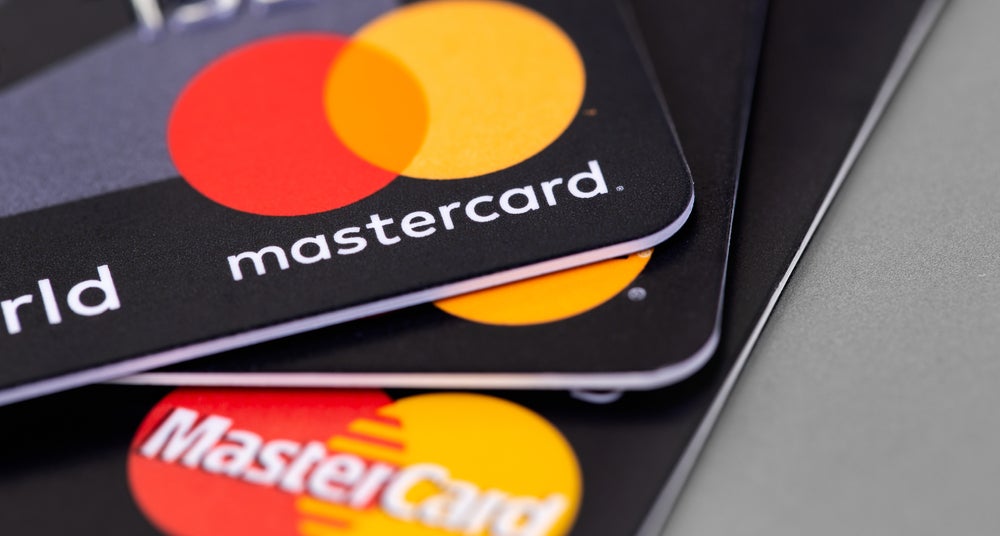UK banks are basing decisions to repay victims of card fraud based "on a hunch", according to an investigation by Which? The consumer watchdog found that three in five people had experienced card fraud, out of a survey of more than 3,000 respondents. Franchesca Hashemi reports on the consequences of this mentality
While a quarter of this number lost nothing because the transaction had been blocked, some respondents had to wait more than a month for reimbursement. Interestingly, the investigation found 64% of its surveyed victims experienced the fraud within the past two years. While some victims had their cards cloned or stolen, more often fraudsters were spending money on the card while it was still in the rightful owner’s possession, the Which? report found.
Encouragingly, the majority of surveyed fraud victims said their provider had been quick to react.
However, the average loss for debit card holders came in at £677, while credit card victims lost an average of £624. While almost all victims got their cash back eventually, the downside is that many consumers had to wait longer than what is considered acceptable by UK regulators.
The Financial Conduct Authority (FCA) states that banks must refund unauthorised payments immediately unless they have reason to suspect wrongdoing.
But 23% of the surveyed consumers had been waiting for one to four weeks for a payment, while 64% received money back within seven days.
How well do you really know your competitors?
Access the most comprehensive Company Profiles on the market, powered by GlobalData. Save hours of research. Gain competitive edge.

Thank you!
Your download email will arrive shortly
Not ready to buy yet? Download a free sample
We are confident about the unique quality of our Company Profiles. However, we want you to make the most beneficial decision for your business, so we offer a free sample that you can download by submitting the below form
By GlobalDataResolving disputes
According to the report, The Financial Ombudsmen Service (FOS) said it upholds one in four complaints relating to card fraud and other disputes in favour of the customer.
The report stated: "While we’ve seen improvements in the way businesses look at disputes, it’s disappointing that we’re still seeing many cases where banks have rejected complaints on a hunch and without conducting a full investigation."
Between April 2014 and March 2015 the FOS ordered Barclays to pay up in 56% of card disputes where reimbursement had been denied. Within the same time frame, Santander had to refund 47% of disputed transactions.
A spokesperson for Barclays told CI: "We are disappointed with our performance and are confident that we will see the position greatly improved in the future – because we must."
The spokesperson added that Barclays has an experienced fraud team available 24/7 for customers to report frauds and scams:
He said: "We have significantly improved and will continually to review our processes for the speed and accuracy in which we process fraud claims so that our customers are satisfied with the outcome."
According to the figures Which? obtained from the FOS, Nationwide had been ordered to pay up in 37% of card related disputes, and Lloyds Bank in 36%.
The Which? report has described ‘disputes’ as transactions that may include credit and debit cards, misplaced transactions, missing payments, ATM disputes and debits applied incorrectly by retailers, as well as potential cases of fraud.
Speaking to CI, Nationwide said it takes the safety of its members’ money very seriously, especially in light of the reported increase in Pension Freedom related scams.
It said: "The Society has done a targeted mailing to selected customers who were a higher risk from being targeted by these types of fraudsters. Also, when customers log in to our online bank they are warned that the Nationwide would never ask them to transfer money to another account."
Nationwide said it uses alternative channels to educate account holders on traditional scams, as well as internet based frauds:
It added: "Fraud awareness pages are on our website and articles are posted on our Your Nationwide and social media pages. Nationwide regularly travels the country and holds member talkbacks where leaflets are handed out on fraud scams.
"These same leaflets are available in our branches and on our website and vishing warning messages are published quarterly on customers’ current account statements."
Phishing, or vishing, scams are essentially emails sent by criminals posing as legitimate companies such as a bank, eBay or government body. Clicking the URL included in the message can result in a customer being led to virus-ridden website that steal personal financial details left on a computer. Increasingly, phishers are copying banks’ logos onto the scam email for added authenticity.
Yet a similar type of phishing can take place on a landline, where fraudsters pose as bank managers and trick consumers into emptying their accounts.
Richard Lloyd, Which? executive director, said: "Banks have a duty to resolve cases of fraud quickly and can only delay a refund if there is suspicion of wrongdoing."
According to Which?, John Lewis handles credit card fraud best, with 93% of customers regarding its service as ‘good’ or ‘excellent’.
Contrastingly, Barclays’ handling of debit card fraud came last, with 61% of Which? respondents describing the bank’s overall response as ‘good’ or ‘excellent’.
Financial Fraud Action UK, an organisation that works with retailers, consumers and police to combat fraud, has said it is good news Which? has found that customers have been repaid in almost all cases: "Fraud cases can be extremely complex, so it can take time for a full investigation to take place into the specifics of an incident, however banks always endeavour to make the process as fast as possible."







